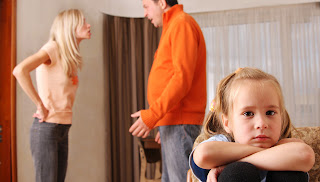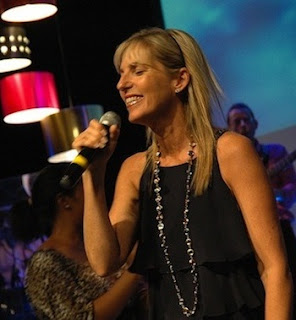Figures show more than 9,000 women took children with them as they fled their homes, with 190 mothers taking as many as five children with them.
However, around 40% of organisations working with victims of
sexual and domestic abuse have had to make staff redundant over the last 12
months and 28% have cut essential services to keep refuge beds open.
The Independent claims funding from local
authorities for domestic and sexual-abuse organisations dropped 31% from £7.8 million
in 2010-11 to just £5.4 million in the last financial year. Sadly, 320 women turned
away from refuges every day!
UK police receive a call about domestic violence every
minute, and it is thought that less than 24% of domestic violence crime is actually
reported.
The facts
- Domestic violence accounts for between 16% and one quarter of all recorded violent crime
- 45% women and 26% men experience at least one incident of inter-personal violence in their lifetimes; however, when there were more than four incidents, 89% of victims were women
- 54% of UK rapes are committed by a woman’s current or former partner
- Two women a week are killed by a male partner or former partner
- At least 750,000 children a year witness domestic violence
- Women are at greatest risk of homicide at the point of separation or after leaving a violent partner
- 44% of abused women are victimised more than once, and 18% are victimised three or more times
- Domestic violence and other abuse is the most prevalent cause of depression and other mental health difficulties in women
- Domestic violence has been identified as a prime cause of miscarriage or still-birth
- 20% of young men and 10% of young women think that abuse or violence against women is acceptable
If you’re among the 80% of young men or 90% of young women
who don’t think domestic violence is ok, these statistics are pretty shocking.
And if services are cut, fewer women will be able to leave homes where they and
their children are in danger.
Many women stay in abusive relationships for years and only
leave if they are in fear for their or their kids’ lives, so we should be doing
all we can to encourage and support the victims of this horrible crime.
If you or someone you know has suffered at the hands of
their partner, encourage them to contact Refuge or Women’s Aid, both of which can be reached 24/7 on 0808 2000 247. Alternatively,
they or you can call the police on 999.
Ways you can help
You can donate money to Refuge online or on 020 7395 7713. The
charity claims £10 can be used to secure a protection order against the perpetrator;
£20 can provide women with an ‘emergency kit’ of basic toiletries and food; and
£50 could pay for a psychologist to support two children who have come from an
abusive home. If you don’t have the cash yourself, why not do some fundraising?
Alternatively, by buying goods via www.buy.at/refuge you can
raise up to 12% commission on your purchases at online stores such as Amazon,
Tesco, play.com, John Lewis and M&S. And using www.everyclick.com/refuge to
search the internet will allow you to raise funds without you even knowing it!
You can even make it your homepage.
Or you can sign up for payroll giving, where the donation
comes out before tax is deducted from your earnings. This means that if you give
£10 from your pay packet, it will only cost you £8.
Finally, if you have an hour or more a month to spare, you
can volunteer. Visit the Working for Refuge page for paid job opportunities or
email volunteering@refuge.org.uk.
Read more about issues affecting women in the next edition of Liberti
magazine.






